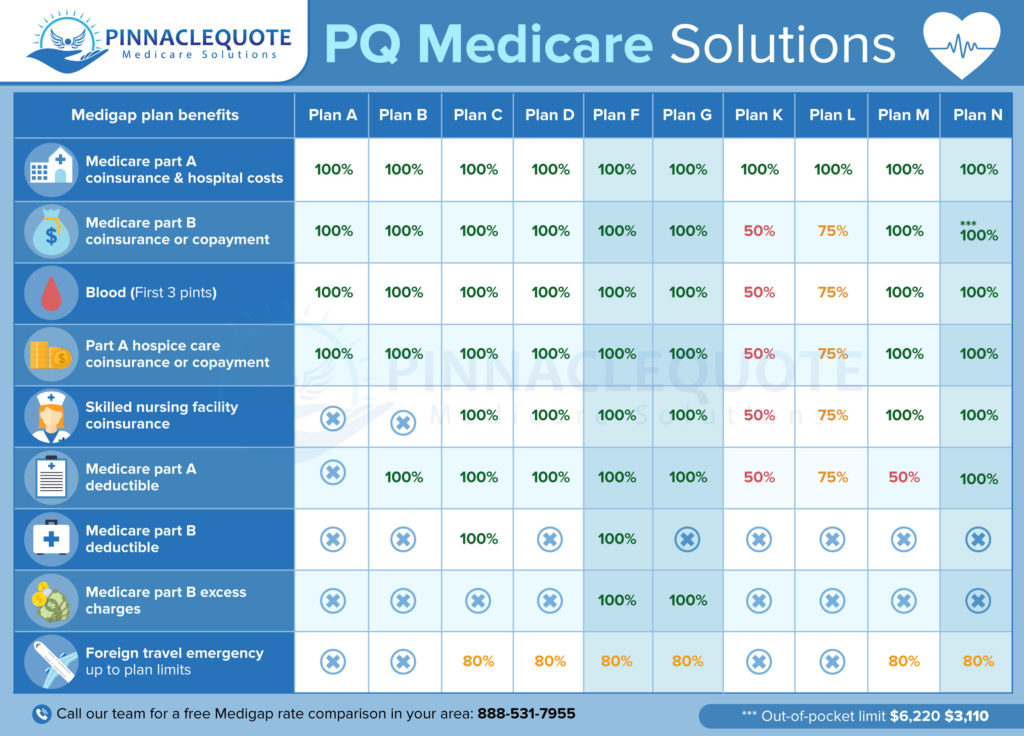COMPARING MEDICARE ADVANTAGE PLANS WITH PQMedicareSolutions.com
Most Medicare Advantage plans are coordinated care plans that have a network of providers. Using the plans service providers helps subscribers to pay less out-of-pocket for care. The following plans will be compared thus:
- The Health Maintenance Organization (HMO) Plans: this plan uses a network primary care provider to help coordinate care. HMO plans mostly only pay for providers in the plan’s network except for emergency care, out-of-area urgent care, and out-of-area dialysis.
- Point of Service Plans (POS): Point of service plans have the benefits of an HMO, but with a more flexible provider choice. In this type of plan, costs are generally lower for using in-network.
- Preferred Provider Organization (PPO) Plan: This plan is offered by a private insurance company and it covers providers both in and out of the network, unlike the HMO plan. The PPO plan pays a portion of the cost of using an out-of-network provider. You pay less if you use doctors, hospitals, and other health care providers that belong to the plan’s network but pay more if they are outside the plan’s network.
- Special Needs Plans (SNPs): Special needs plans have benefits that cover special health care or financial needs. Under this plan, membership is limited to people with specific diseases or characteristics. Medicare SNPs tailor their benefits, provider choices. Drug formularies to best meet the specific needs of groups. This plan is quite distinct from the other plans as it pays particular attention to people with specific health care needs.
- Private Fee-for-Service (PFFS) Plans: PFFS plans may or may not have a provider network, but usually cover any provider who accepts Medicare. The plan determines how much it will pay doctors, other health care providers, and hospitals and how much you should pay when you get a car. The plan may not include prescription drugs, so you may have to enroll in a stand-alone part D plan separately.
There’s also a Medical Savings Account Plan that combines a high-deductible health plan with a special savings account. Medicare deposits funds that are withdrawn tax-free to pay for qualified health care services, so you can afford to see any provider you want. Like PFFS plans, MSA plans don’t cover for prescription drugs, but you can enroll in a separate standalone part D plan.
WHICH IS THE BEST MEDICARE ADVANTAGE PLAN?
Choosing the right Medicare advantage plan is dependent on certain factors such as financial status, medical history, coverage area, and age. It is important, therefore, to take the following into consideration when choosing a plan: coverage and benefits, provider choice, cost, customer service, information, and communication, as well as billing and payment.
Private insurance companies offering Medicare Advantage plans were rated based on recent performances and the following came tops: Highmark, Kaiser Foundation Health Plan, Humana, and UnitedHealthCare.
Choosing the right plan should thus be dependent on what rightly matches your specific needs.






